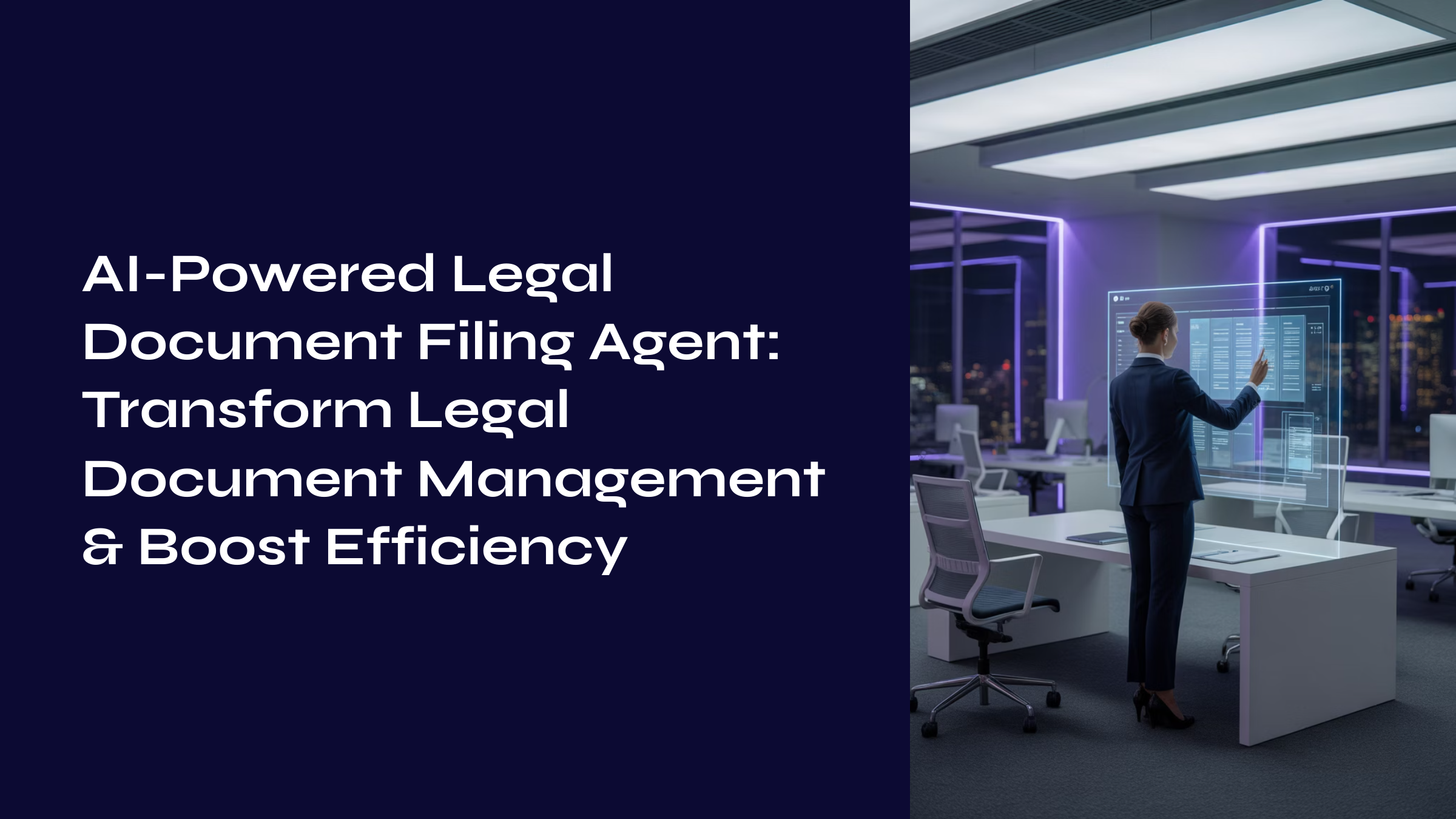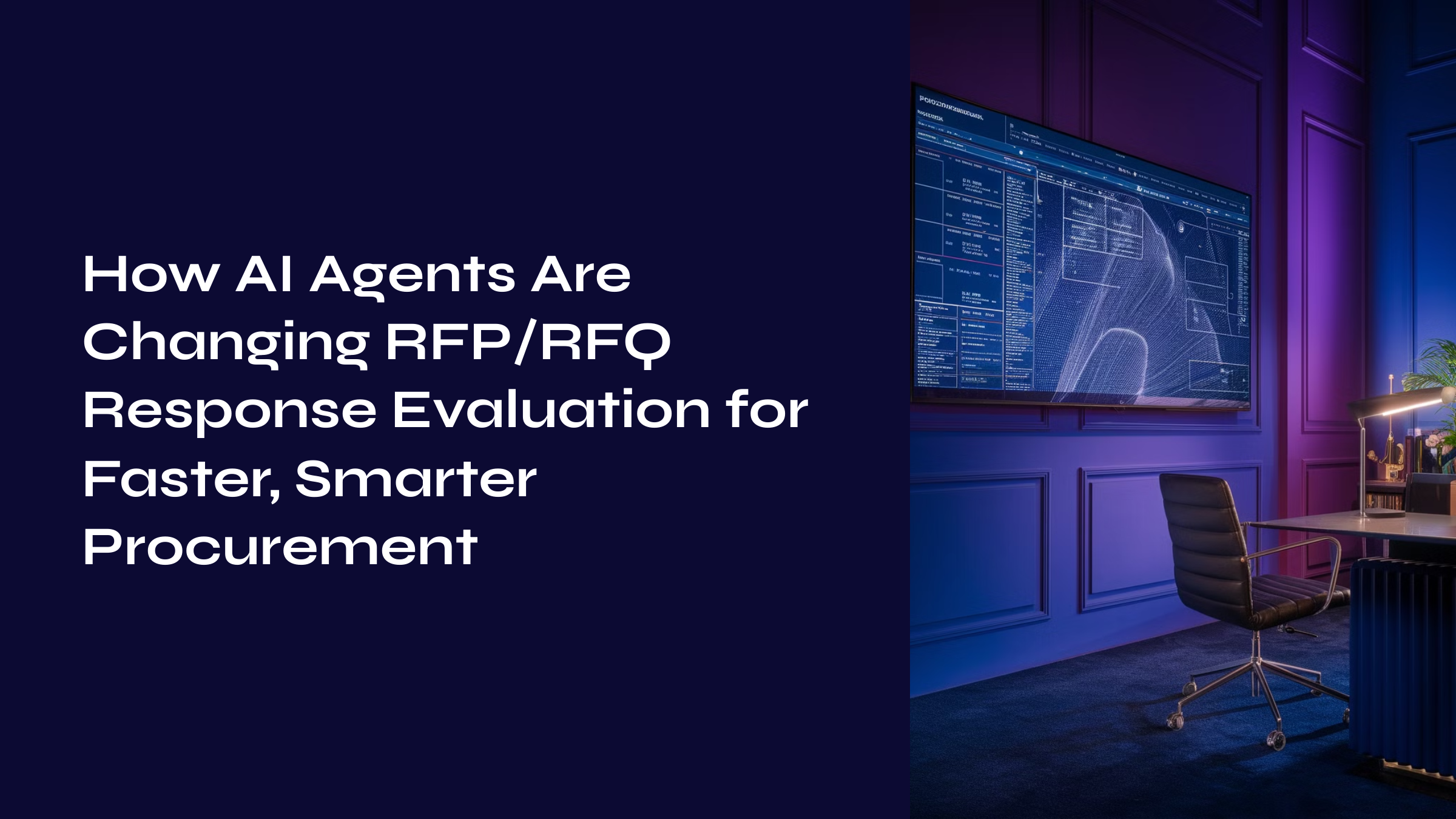Introduction
While there’s much hype about generative AI transforming the world, the real revolution is happening in how organizations are leveraging generative AI to fundamentally reshape their operations and workflows. A study reveals that a staggering 60% of organizations have yet to develop a consistent, enterprise-wide approach to generative AI, highlighting a significant gap in readiness. This presents both a challenge and an opportunity for businesses. This guide will explore the key strategies organizations should consider as they navigate the generative AI landscape.
The Quiet Transformation: How Generative AI is Enhancing Business

Generative AI‘s power lies not in creating science fiction scenarios but in refining everyday business processes. From generating content to automating tasks and providing valuable insights, generative AI is redefining how businesses function.
Instead of waiting for a dramatic revolution, organizations are integrating AI into their existing frameworks, making steady yet significant improvements. This approach is helping businesses streamline operations, boost productivity, and explore new avenues for growth.
A Strategic Approach to Leveraging Generative AI

To effectively utilize generative AI, businesses need a well-thought-out strategy. Here’s how to make the most of this technology:
Build Strategic Partnerships
Rather than developing every AI capability internally, focus on creating a robust network of partners. Collaborate with AI vendors and infrastructure providers to access specialized models and scalable resources. This approach not only speeds up implementation but also encourages innovation while avoiding vendor dependency.
Develop Talent and Skills
Maximizing the benefits of generative AI requires investment in talent. Whether through hiring new experts or upskilling existing staff, ensure your team has the necessary skills. This includes advanced machine learning expertise and practical knowledge of AI tools, as well as an understanding of their limitations.
Focus on Practical Applications
The real value of generative AI emerges through its application. Start with projects that address specific business needs—like automating repetitive tasks, enhancing customer interactions, or optimizing product development. Use these projects as opportunities to refine and expand your AI strategy.
Manage Risks and Compliance
Embrace the benefits of generative AI while managing its associated risks. Develop frameworks to address ethical, legal, and operational challenges. This involves safeguarding data privacy, mitigating bias in AI models, and ensuring compliance with regulations.
Ethical Considerations:
- Bias and Fairness: Train AI models on diverse datasets to minimize bias. Regularly audit for fairness and make necessary adjustments.
- Transparency and Accountability: Be transparent about AI decision-making processes. Implement accountability mechanisms to address any unintended consequences.
- Data Privacy: Use strong encryption and adhere to data protection regulations like GDPR.
Strategies for Addressing Ethical Issues:
- Conduct Regular Audits: Review AI systems periodically to identify and address ethical risks or biases.
- Develop Clear Policies: Create comprehensive policies on AI use, covering ethical concerns, data privacy, and compliance.
- Engage Stakeholders: Include diverse perspectives in AI ethics discussions to ensure well-rounded considerations.
Cultivate a Culture of Innovation
Foster a culture that values experimentation and continuous learning. Generative AI can be complex, and an innovative mindset will help your organization adapt and evolve. Support your team in exploring new AI applications and provide resources for ongoing education and experimentation.
Key Questions for Organizations to Consider
As you embark on your generative AI journey, reflect on these essential questions:
- What is our strategic approach to generative AI? How does AI align with our business goals? What specific challenges or opportunities are we targeting?
- Who are our key partners? Have we identified the right external collaborators for our AI initiatives? How are we managing these relationships?
- What skills and expertise do we need? What talent is necessary to implement and scale AI effectively? How are we upskilling our current workforce?
- How do we handle AI-related risks? What measures are in place to address ethical, legal, and operational risks?
- Are we fostering a culture of experimentation? How are we promoting innovation and learning? Are employees encouraged to explore AI applications?
Organizational Requirements for Generative AI

Implementing generative AI involves several key requirements:
Technical Pathway and Costs
- Infrastructure: Ensure you have the necessary computing resources, whether through cloud services or on-premises hardware.
- Costs: Consider the total cost of ownership, including model training, integration, and maintenance. Budget for ongoing operational expenses and future upgrades.
Tech Talent
- Hiring: Recruit specialists in AI and machine learning, such as data scientists and engineers, who can develop and manage generative AI systems.
- Upskilling: Train current employees to work effectively with AI technologies.
Proprietary Data and Process Adjustments
- Data Management: Ensure access to high-quality proprietary data for fine-tuning AI models. This may require adjustments to data collection and management processes.
- Process Integration: Adapt existing processes to integrate AI effectively, including changes to workflows and new procedures for leveraging AI outputs.
The Growing Impact of Generative AI

Industry research highlights the growing significance and future potential of generative AI:
- Revenue Projections: According to Brainy Insights, revenue from generative AI services is expected to reach $188 billion by 2032.
- Industry Impact: McKinsey reports that 75% of professionals anticipate significant changes in industry competition due to generative AI over the next three years.
- IT Leaders’ Expectations: Salesforce finds that 86% of IT leaders foresee a prominent role for generative AI in their organizations soon.
- Market Growth: The generative AI market value is projected to increase by $180 billion in the next eight years.
Key Developments in Generative AI
Generative AI has advanced rapidly in recent years, with several key milestones shaping its capabilities:
- ChatGPT Launch (Nov 2022): OpenAI introduced ChatGPT, marking a significant leap in conversational AI.
- GPT-4 Release (Mar 2023): OpenAI’s GPT-4 enhanced natural language processing and performance.
- Claude by Anthropic (Apr 2023): Focused on AI safety and alignment, Claude by Anthropic introduced new standards.
- Bard by Google (May 2023): Google’s Bard integrated with its search ecosystem, expanding AI applications.
- Mistral 7B (Jun 2023): Mistral’s 7B model offered scalable and efficient AI performance.
- LLaMA by Meta (Jul 2023): Meta’s LLaMA provided open and scalable AI models.
- ChatGPT Enterprise (Sep 2023): OpenAI launched a business-focused version with enhanced security features.
- Gemini by Google (Dec 2023): Google’s Gemini advanced the state of generative AI with new capabilities.
What Continuous AI Innovations Mean for Your Business

These developments represent both opportunities and challenges for organizations:
- Enhanced Capabilities: Advances in LLMs, such as GPT-4 and Gemini, offer more powerful and precise AI tools. Organizations can leverage these tools to improve customer interactions, automate complex tasks, and gain deeper insights from data.
- Increased Safety and Alignment: Innovations like Claude by Anthropic focus on AI safety and alignment, helping organizations address ethical and operational concerns. This means organizations can adopt AI with greater confidence, knowing that emerging standards are being met.
- Integration Opportunities: With models like Bard integrating into broader ecosystems, organizations can seamlessly incorporate AI into their existing workflows and platforms, enhancing productivity and operational efficiency.
- Scalable Solutions: Models such as Mistral 7B and LLaMA offer scalable AI solutions, allowing organizations to tailor AI applications to their specific needs without extensive infrastructure investments.
- Business-Focused Features: Developments like ChatGPT Enterprise highlight the importance of security and customization. Organizations can benefit from AI solutions that are specifically designed for business environments, ensuring robust data protection and tailored functionalities.
By staying informed about these advancements, organizations can better position themselves to utilize the latest AI technologies effectively, driving innovation and maintaining a competitive edge.
How advansappz can assist you in every step of your journey
We specialize in generative AI solutions designed to deliver tangible business results. Our expertise in implementing and optimizing AI technologies can guide you through the complexities of this transformative technology. From forging strategic partnerships to navigating ethical considerations and creating tailored AI applications, we are here to support your organization every step of the way.
Ready to harness the power of generative AI? Contact us today to discover how advansappz can enhance your operations and drive innovation with our comprehensive AI solutions.
Explore More About Our Generative AI Solutions
















